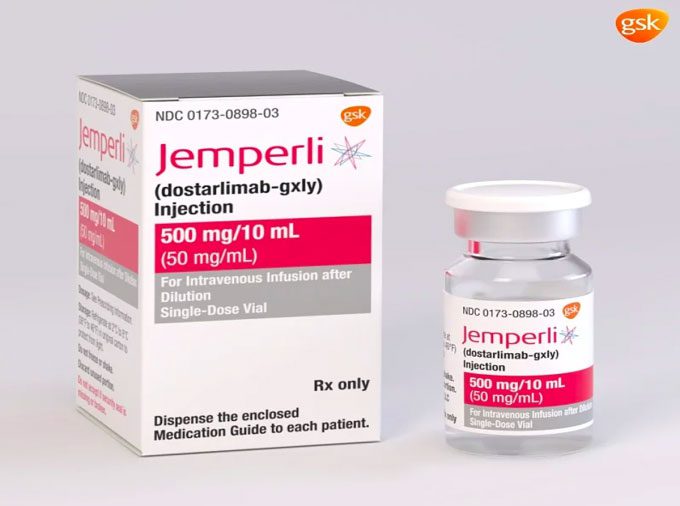Dostarlimab is a drug that inhibits the effects of cancer cells on the immune system, enabling immune cells to effectively locate and destroy tumors.
On June 8, scientists expressed excitement over the announcement of the first drug to completely cure rectal cancer. The drug, named dostarlimab, was revealed after a small trial in the United States, where 12 rectal cancer patients experienced a 100% response rate after using the drug for approximately six months.
This remission rate is unprecedented, which is why some experts are so optimistic. However, other specialists caution that this was only a small trial and that more extensive research is needed.
Dostarlimab was approved in the United States and Europe in April 2021. It is an immunotherapy drug used in the treatment of endometrial cancer, targeting the uterine lining, and has shown very high efficacy. In 2022, scientists conducted the first trial of the drug on rectal tumors.
Mechanism of Action
Dostarlimab is a checkpoint inhibitor. The drug does not work by directly attacking the cancer tumor; rather, it enhances the patient’s immune system to do so.
Typically, T cells (immune cells) are responsible for identifying and controlling abnormal infected cells. They contain two types of proteins: the first type (Type 1) helps activate the immune response, while the second type limits immune activity. These are known as checkpoint proteins.
Type 1 checkpoint proteins activate T cells, but if T cells are overactive for too long, they begin to damage healthy tissues. At this point, Type 2 proteins signal T cells to stop functioning.
Some cancer cells produce high levels of Type 2 proteins, which can deactivate T cells before the tumor disappears. In other words, cancer cells cause the immune system in the patient to become stagnant. T cells lose their ability to recognize and destroy cancer cells.
Therefore, dostarlimab blocks Type 2 checkpoint proteins, preventing cancer cells from affecting the immune system. This restores immune activity, allowing T cells to locate and attack cancer cells.
In clinical trials, no patients experienced significant complications. On average, one in five patients had adverse reactions to the drug, but these were easily managed and treated. About 3% to 5% of patients experienced more severe complications, leading to muscle weakness and difficulty chewing and swallowing.

Dostarlimab Cancer Treatment. (Image: GSK)
Can the Drug Treat All Types of Cancer?
This is the biggest question for scientists. According to Dr. Aju Mathew, an expert at the Ernakulam Cancer Center, checkpoint inhibitors like dostarlimab are only suitable for patients with deficient DNA mismatch repair (MMR) systems.
These patients have certain gene mutations that cause errors in the DNA repair process within cells. Cells that are not repaired often have many gene mutations, which can lead to cancer.
However, this condition occurs in less than 10% of colorectal cancer patients. Therefore, the drug may not be effective for these patients.
MMR is most common in individuals with colorectal cancer, various gastrointestinal cancers, and endometrial cancer. Some breast, thyroid, prostate, and bladder cancer patients also experience this condition.
Is the Drug a “Miracle Cure” for Cancer?
In recent days, Dr. Mathew has received numerous inquiries about whether this is a miraculous method that completely cures cancer. He acknowledges that dostarlimab is a promising drug but notes that clinical trials have been very small, with results only observed in patients with a specific type of cancer.
Dr. Nitesh Rohatgi, senior director of the oncology department at Fortis Memorial Research Institute, believes that dostarlimab should be prescribed alongside other medications rather than used alone.
According to Dr. CS Pramesh, director of the Tata Memorial Centre in Mumbai, labeling dostarlimab as a “miracle drug for cancer that could impact global treatment” is premature and unrealistic.
“Despite the noteworthy research results, we need to treat and monitor a larger number of patients and conduct larger randomized trials before concluding that this drug is a game-changer,” he stated.
Dr. Rohatgi suggests that with the new research results, the community should currently only anticipate an immunotherapy treatment for colorectal cancer that could be used prior to surgery.
Furthermore, scientists need to conduct genetic analyses to understand the biological characteristics of cancer and develop specific treatment methods for individual patients, according to Dr. Sewanti Limaye, director of oncology at Sir HN Reliance Foundation Hospital.



















































